Gottmik and Gigi Gorgeous on their guide to trans life: ‘Friends make you stronger – there’s power in numbers’
Exclusive: "Your orgasms change on hormones - it’s such an amazing thing!” says Gottmik in this no holds barred interview alongside Gigi in which they talk medically transitioning, Paris Hilton and their new book The T Guide
By Vic Parsons
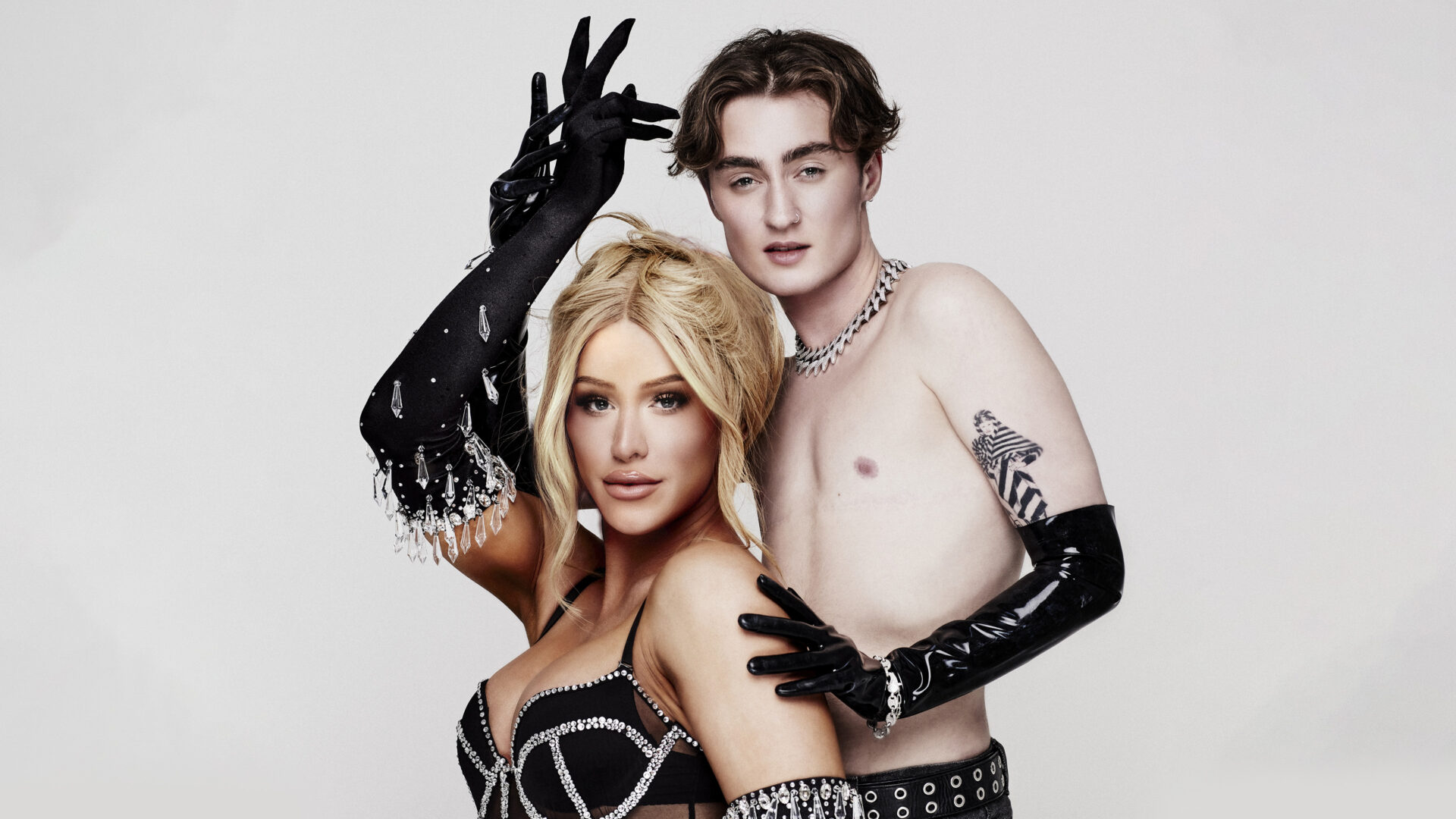
From sex to bottom surgery, Gottmik and Gigi Gorgeous’ new book, The T Guide, is full of personal insight and stories that never shy away from the intimate details. Featuring contributions from a whole range of trans and non-binary people, as well as cis allies, the two best friends are unapologetic about the need for this book.
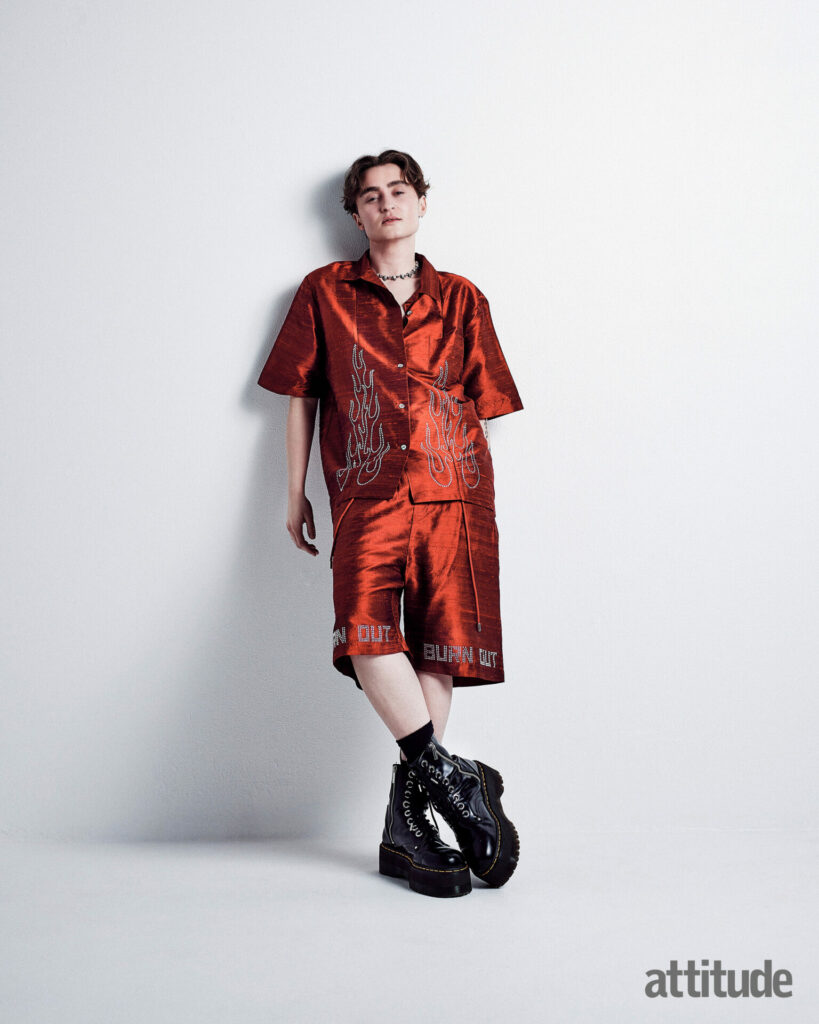
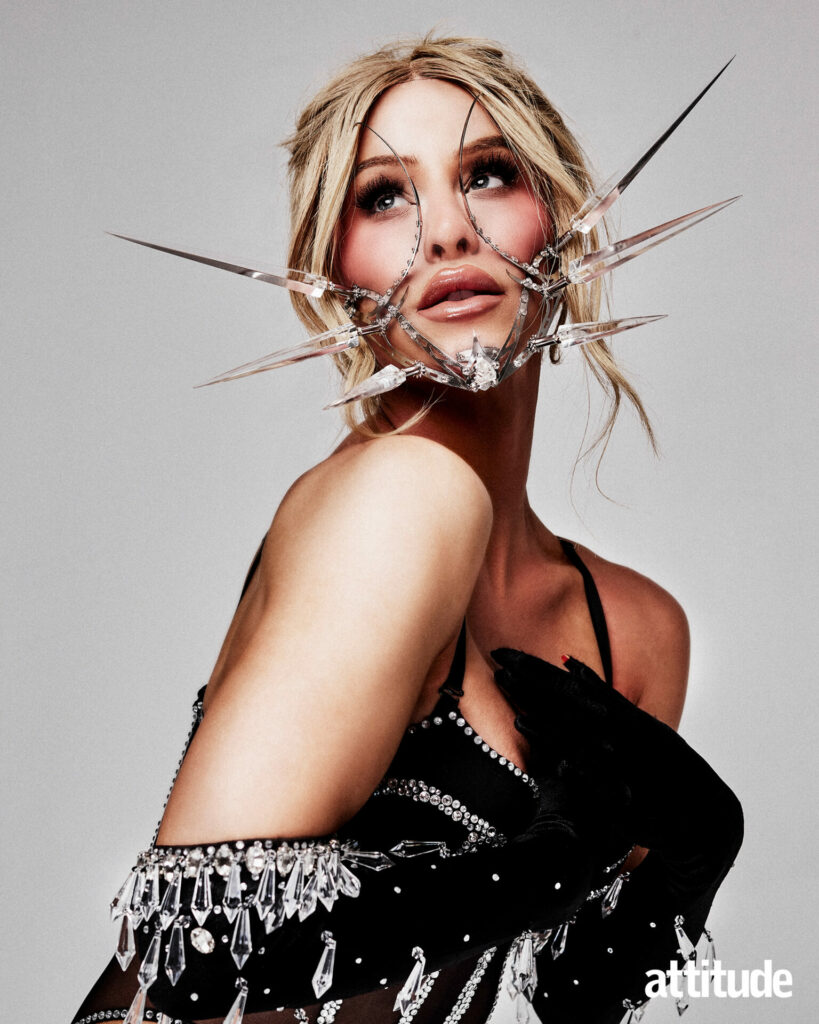
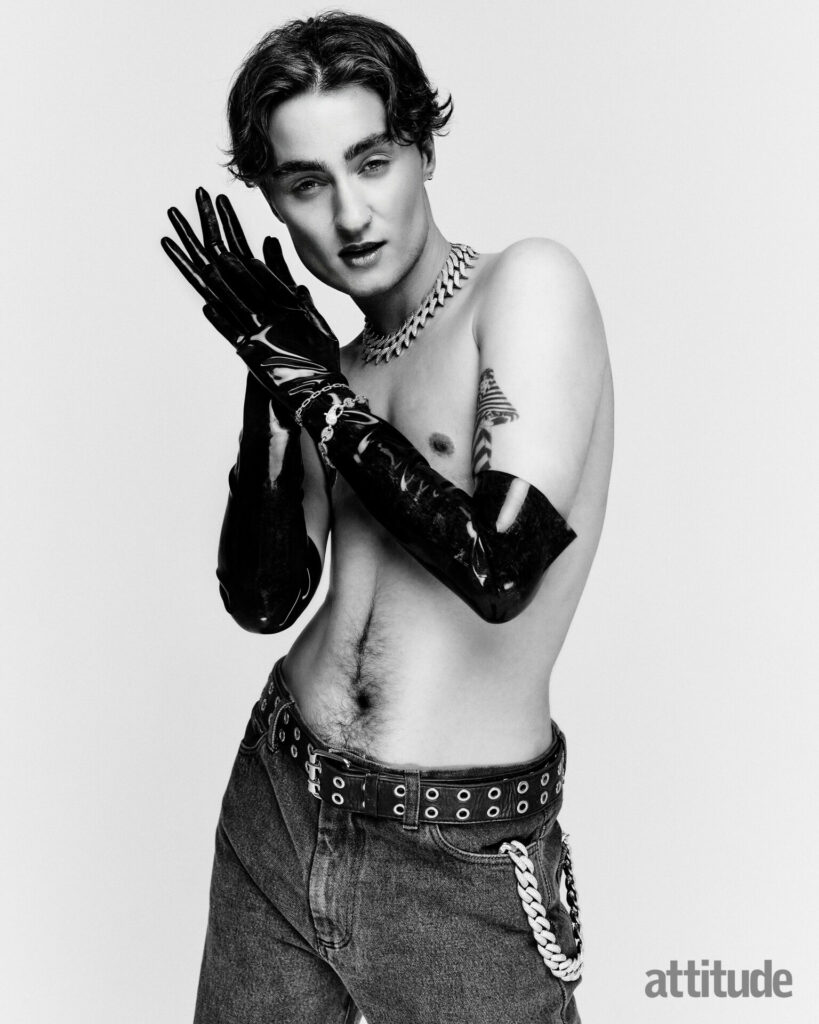
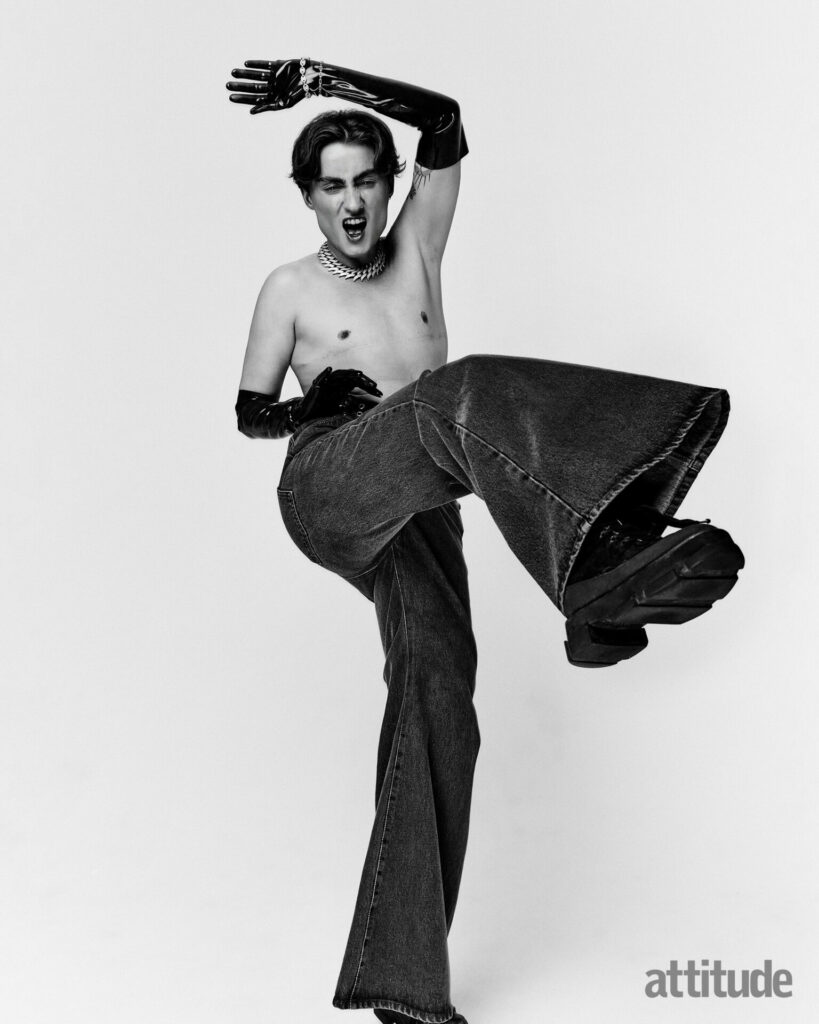
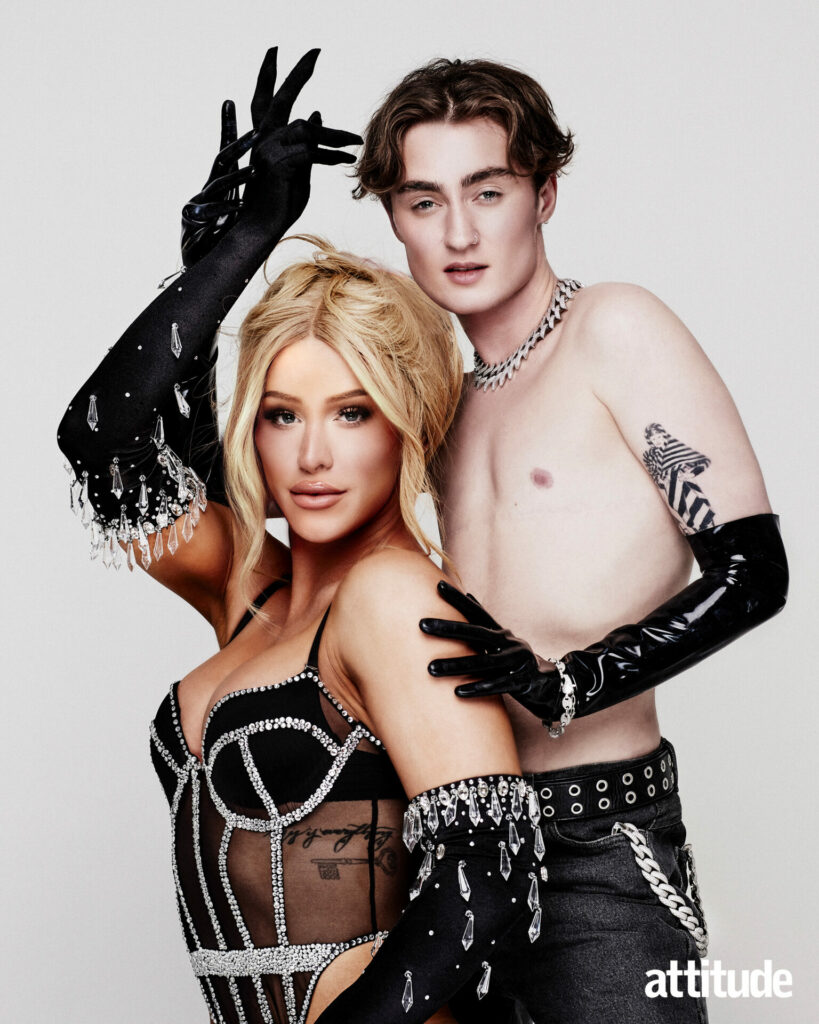
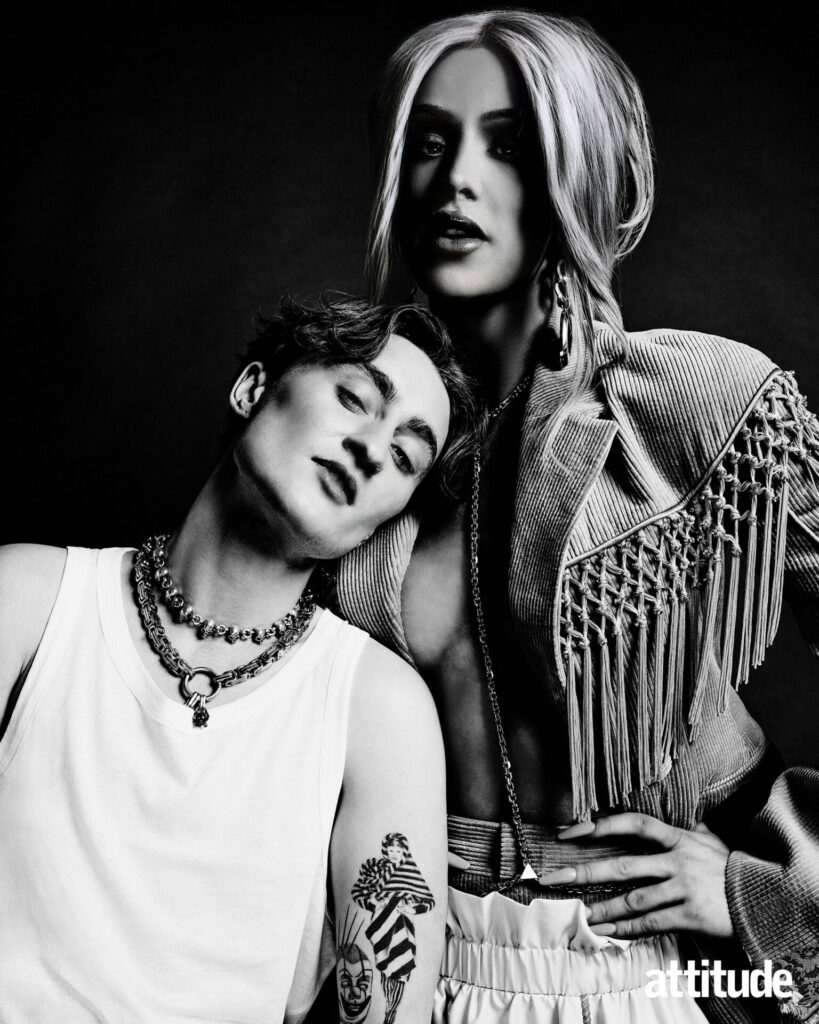
When a person comes out as transgender, they’ve often been on a long journey of self-discovery and acceptance. But coming out is also, in many ways, just the first step. What will their family’s response be? Will they change their name? Do they want to medically transition? How can they step into their power with confidence?
Even someone with the most supportive and loving family and friends may well have to educate those around them on what it means to be trans – usually while still figuring this out for themselves. And while coming out can be a huge relief, the aftermath might be an overwhelming time. What newly out trans people most need is to find their people: trans and non-binary friends. But this can be hard for myriad reasons.
Fortunately, trans icons Gigi Gorgeous and Gottmik are on hand to help. In the T Guide they cover all the common hurdles and questions that coming out as trans brings up – and then some. They speak to Attitude about the trans issues being overlooked by the mainstream media, why they want to be friends to readers who don’t have trans community yet, and the everyday struggles – and joys – of being trans.

Did you have a reader in mind when you were writing the book?
Gigi: We initially wrote for our younger selves. We wish we had this book. But then we really got into it and now I think it’s for anyone. Obviously, it’s a book about transitioning, it’s a guide, but I think allies can get a lot out of it, too. It’s about the human experience, at the end of the day.
There are so many contributors to this book. Why did you include different voices as well as your own?
Gigi: Kade comes from one side of the trans spectrum, I come from the other, and we thought we needed people from outside of our lens to contribute.
Gottmik: If readers can’t connect with us, we wanted there to be someone in the book that they could connect with.
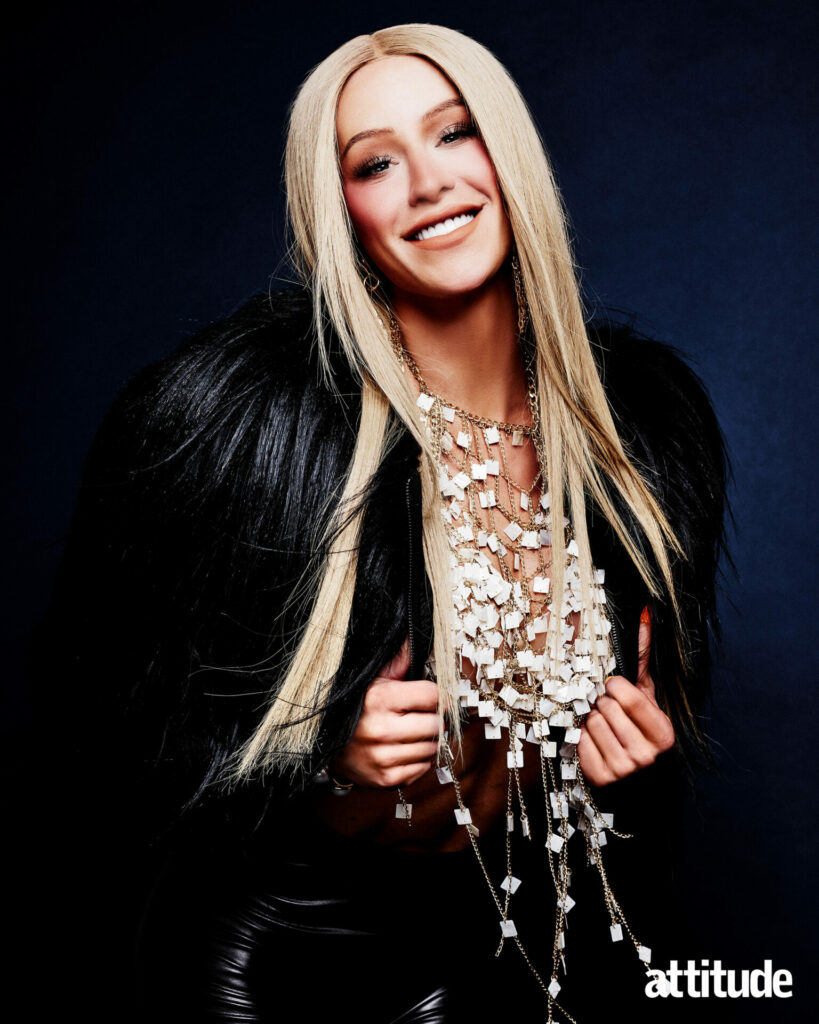
How did Paris Hilton end up contributing?
Gigi: We were writing about powerful femininity, and Paris is the most feminine person to me – she’s been such an inspiration, aesthetically and mentally. At first, we wanted everybody in the book to be transgender, but then we questioned why we were limiting ourselves. Paris came back with the best, most Paris text ever, and it opened up a whole conversation to include other cisgender allies. I think it made the book better.
Gottmik, you broke ground on RuPaul’s Drag Race. What are your thoughts on the fact that we are still seeing so many ‘trans firsts’?
Gottmik: It is crazy. We need trans people paving the way in every industry possible to keep pushing and being themselves. We have to keep being loud and proud the whole time. Going into Drag Race, I remember feeling so alone – like there wasn’t anyone out there like me. I didn’t really relate to the trans guys I saw in the media.

For a long time, we only had Chaz Bono. Why do you think media representation of trans men has historically been so poor?
Gottmik: I remember where I was when the news hit that Chaz Bono came out! The exact street in Arizona. I heard that Cher’s son was transitioning on the radio on the way to school, I remember being gagged. I love Chaz Bono and everything he’s been able to accomplish, but I didn’t see myself [in him].
I’ve read theories about why trans guys aren’t really in the media that much, about how it’s because we were raised in a feminine way and taught not to be as loud or because a lot of guys on testosterone can be stealthy. There are so many different reasons.
Since I’ve been on Drag Race, I’ve met so many trans guys and gay boys who are wild and out there, and realised that, of course, there were other people like me the whole time!
The media coverage of trans people is poor in other areas, too – the narrative about trans women and public toilets is so far removed from the reality of using public toilets while trans. Do you remember the first time you used a public bathroom that matches your gender?
Gigi: My bathroom journey goes back to high school. I always felt super dysphoric about it, I would try to hold my pee as long as I could because I didn’t want to go in. It was such a weird, scary thing for so long. The first time I felt safe to go in the bathroom was when I came out. I would go in the women’s bathroom, and nobody would give me a second look, and I would walk out from having a simple pee in a restroom like that was something I just accomplished. Even now, sometimes I’ll go into the bathroom not really giving, and I’ll walk out like, ‘Wow, I just did that.’ It’s such an instrumental part of our everyday lives.
Gottmik: The first time I used the men’s bathroom was at the airport. It was intense. But no one is looking at anyone in an airport bathroom, which really helped. The gay bars are more intimidating, because it’s more cruising vibes sometimes. I remember right as I was starting medically transitioning, going into a gay bar where everyone really was looking. It was a little more dramatic. To this day, I’m like, ‘Here we goooo… men’s bathroom!’ But if I walked into the women’s bathroom it would be a hundred times worse! They would be so scared, but here I am stressed out to go into the one where I fully should be.
Gigi: The fear never goes away, I don’t think.
Gottmik: A lot of public bathrooms can be really unsafe. You have to read your area. When I’m travelling across the country it stresses me out because I don’t know those guys, but I’ve seen movies about how guys here do not like gay people, they especially don’t like trans people. I’m not going to get beat up just to pee. I have to think about that, too.

The media also really focuses on trans women and sports. Why do you think people are so obsessed with this?
Gigi: I used to compete as a diver. And I wasn’t out as trans then, but if I had been and had been told I couldn’t compete, I think it would honestly have ruined my life. Diving was my outlet, my passion. It’s not even about trans women competing at the Olympic level. It’s literally about trans girls playing in their school team. Telling these little trans kids that they can’t even play their favourite sport because they don’t belong? It’s devastating. It’s so ignorant and it just goes to show how bigoted these people are.
Ten years ago, it was expected that, after a trans person came out, they would medically transition. Today, there’s more recognition that not everyone wants to – or can. Why do you think this has changed?
Gigi: It’s all about the stories being told. One of the first trans people I ever met was Amanda Lepore, who comes from a whole different background and generation. I really thought that was the only way. But you have to sit with yourself and start listening to yourself. Kade and I are very gung-ho on the medical transition aspect of our lives and want to talk about it because there’s no shame behind that. But my husband, Nats Getty, is a trans man and not seeking hormones at all, he’s completely content.
Gottmik: Medically transitioning is really important to me, but I also have to take a step back and ask if I’m doing this for myself, or is society telling me this is what a man is? I thought bottom surgery was so important to me. When Nats came out and I started listening to his story, and that of a lot of my non-binary friends who are so happy and not seeking medical transition, I really had to check in with myself. Do I want bottom surgery for me? Or do I know that that’s not what makes a man at all, and I’m content with my body?

Would you say that those questions are being asked more nowadays?
Gottmik: 100%. I get to travel all over the place since being on Drag Race and meet people from everywhere on the gender and sexuality spectrums who talk to me about how they thought they needed to transition in a certain way, or they didn’t think they were trans at all, and then they saw me on the show being like the most feminine gay boy ever. They realised that whatever society is telling you, it doesn’t mean that is who you are.
Gigi: When I first started my medical transition, the end goal was bottom surgery. But then I moved to LA, started dating and really experimenting with being a woman and to this day I still haven’t got bottom surgery. If you’d told me that 10 years ago, I wouldn’t have believed you. Knowing that I chose this for myself makes me so proud.
What are some unanticipated upsides you’ve noticed as a result of medically transitioning?
Gottmik: There’s so many. I remember being super scared of bottom growth on testosterone and thinking that it didn’t really sound like what I wanted. And now, oh my god, [it’s] best thing of my life. I literally love it. I experience sex in a completely different way – your orgasms change on hormones. It’s such an amazing thing, so now I’m like, ‘More! I want more bottom growth!’
Gigi: There are countless things, so many little victories. But for the most part, it’s about confidence. The longer you’re on hormones, the more comfortable you feel within yourself and the more confident you get. You look back and realise you’ve come so far. It’s so freeing to know that.

Some trans people really struggle with seeing their old names, and don’t talk publicly about their name-change process. But you do, and your old names are published in your book – why did you choose to do that?
Gigi: I think a lot of the time people want to be like, ‘That person never existed and this is me now.’ And that was me too, honestly, for so many years. But I’ve been public for so long, my old name is not going anywhere. We really wanted to take that power back. I hope we can give people a bit more ease to not live with that shame like I did. Changing your name is truly so exciting, and I try to make it not a scary thing when someone is going between names – I’m like, “This suits you, this is so fun!”
Gottmik: Finding your name is such a personal thing, but I really want people to realise it’s not as deep as it’s made out to be! I can’t wait for us to open that conversation up. You don’t have to set something in stone and never go back. You can change your name again!
This book is a testament to your friendship. What’s it like to have found your people?
Gigi: It makes me feel not alone. It makes you feel like you’re not crazy and you can conquer the world, because these other people have done it or are going through it with you. It’s definitely needed for trans people to have a group of trans friends, because it makes you stronger. There’s so much power in numbers.
Gottmik: Being friends with trans people changed my life. I didn’t know what trans was, I didn’t have the language for what I was feeling until I started becoming friends with these amazing trans women I met at school when I moved to Los Angeles. We hope people reading our book really feel like we are your friends, talking and having a conversation. Trans friends forever.

The T Guide by Gigi Gorgeous, Gottmik and Swan Huntley is out now
Words Vic Parsons Photography Leigh Keily Stylist Joaquin Aristides Flores
